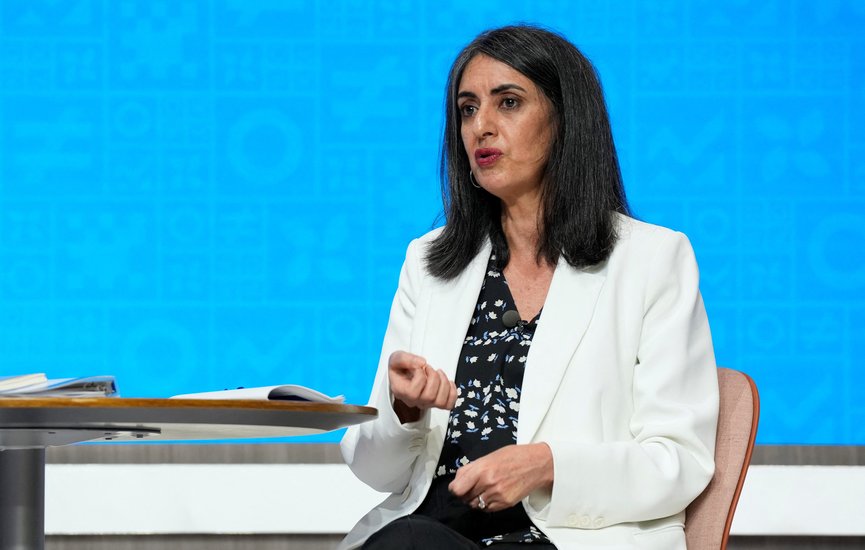Morocco is currently in the process of redefining its fiscal strategy for the upcoming 2026 budget, with a significant emphasis on improving health and education services. This reorientation comes as a direct response to rising public expectations and demands from various segments of society, particularly the youth, who have been vocal about the shortcomings in essential public services. The finance minister has highlighted a commitment to reallocating resources towards these critical sectors, as the current expenditure in health and education stands at just under 9% of the country’s GDP.
This initiative unfolds against the backdrop of recent demonstrations led by young Moroccans, who have voiced their frustrations over the persistent neglect of hospitals, schools, and vital regional infrastructure. Protesters have particularly drawn attention to the disparities faced by communities in mountainous and oasis regions, which are often left underserved. In light of these pressures, government officials are prioritizing what they refer to as "quick wins," which involve immediate improvements to local hospitals and educational institutions to ensure they are more accessible to residents, instead of waiting for larger, systemic reforms that may take years to implement.
In addition to focusing on immediate needs, the 2026 budget aims to tackle the issue of regional inequality. The Moroccan government acknowledges the necessity of providing additional funding to underdeveloped areas while simultaneously maintaining strict fiscal discipline to uphold macroeconomic stability. This balance is seen as crucial to fostering sustainable growth without jeopardizing the nation’s financial health. Furthermore, Morocco is planning to introduce a medium-term inflation targeting mechanism by late 2026 or early 2027, with an inflation range set between 2% and 3%. Maintaining a stable economic environment is essential, especially as the country navigates its controlled currency regime, which floats against a basket of the euro and the U.S. dollar.
The government has indicated that market liberalization remains off the agenda until smaller enterprises are better prepared to thrive in such an environment. While international debt issuance is not on the immediate horizon, Morocco intends to remain active in financial markets when favorable conditions arise, ensuring that the economic strategy aligns with both domestic needs and global economic realities.
